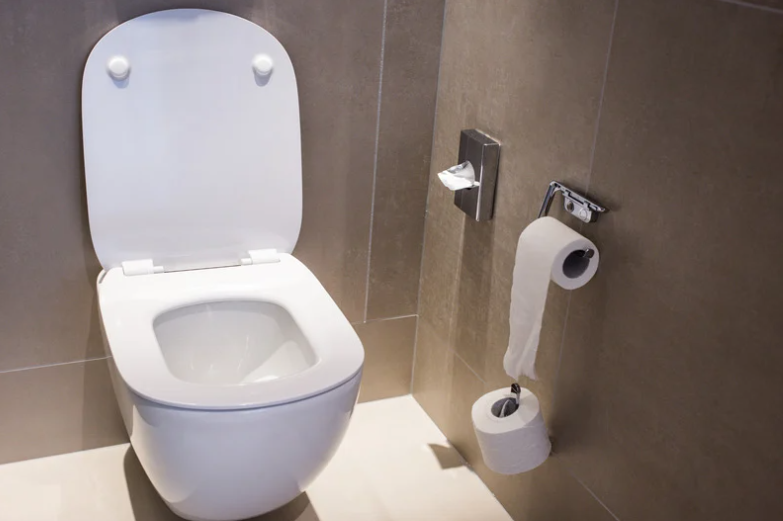An elderly man in China was using the toilet at a health management centre when he suffered a cardiac arrest and passed away.
His family later took the health management centre to court for allegedly failing to do what was necessary to save his life but it was dismissed.
Died while using toilet
According to a report by Oriental Daily News, the victim named Huang went to the health management center in Foshan on Aug 27 and asked to use the toilet.

However, the staff noticed that something was amiss when Huang didn’t come out from the toilet for a long time and went to knock on the toilet door.
When they didn’t get a response, they immediately called for emergency services and broke down the door, where they found Huang slumped to the ground.
Medical personnel later confirmed that Huang had passed away and the police and forensic experts determined that the cause of death was a cardiac arrest.
Family sues health management centre
Following Huang’s death, his family filed a lawsuit, claiming the health management centre had not responded quickly to save his life and demanded 213,538.80 yuan (approx. RM126,000) in compensation, which included funeral expenses, transportation costs, and emotional damage.

The health management centre defended itself by arguing that it had let Huang use the toilet as an act of goodwill and acted quickly when they saw he had lost consciousness.
The judge ultimately ruled in the health management centre’s favour, prompting Huang’s family to file an appeal.
However, the court dismissed their appeal, saying that while business operators must ensure the personal and property safety of consumers, it must be done within reasonable bounds.
“The center, which isn’t a health institution, had lent its restroom out of goodwill and provided basic assistance by calling emergency services and performing initial rescue efforts.

“They’re not obliged to provide additional medical care as sudden cardiac arrest is complex in nature and there was no direct causal link to the presence or absence of medical equipment at the center.
“Good deeds should not be punished, and wrongdoing should not be encouraged. If conveniences offered out of goodwill are met with excessive liability, it may discourage acts of kindness in society,” said the judge.
READ ALSO:



